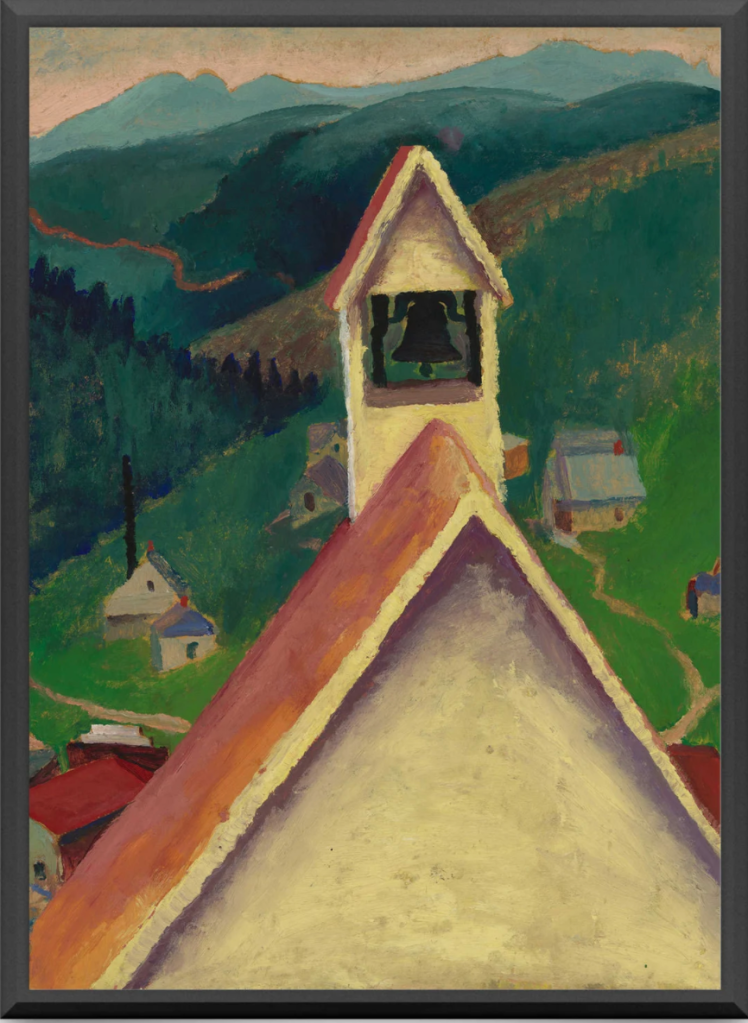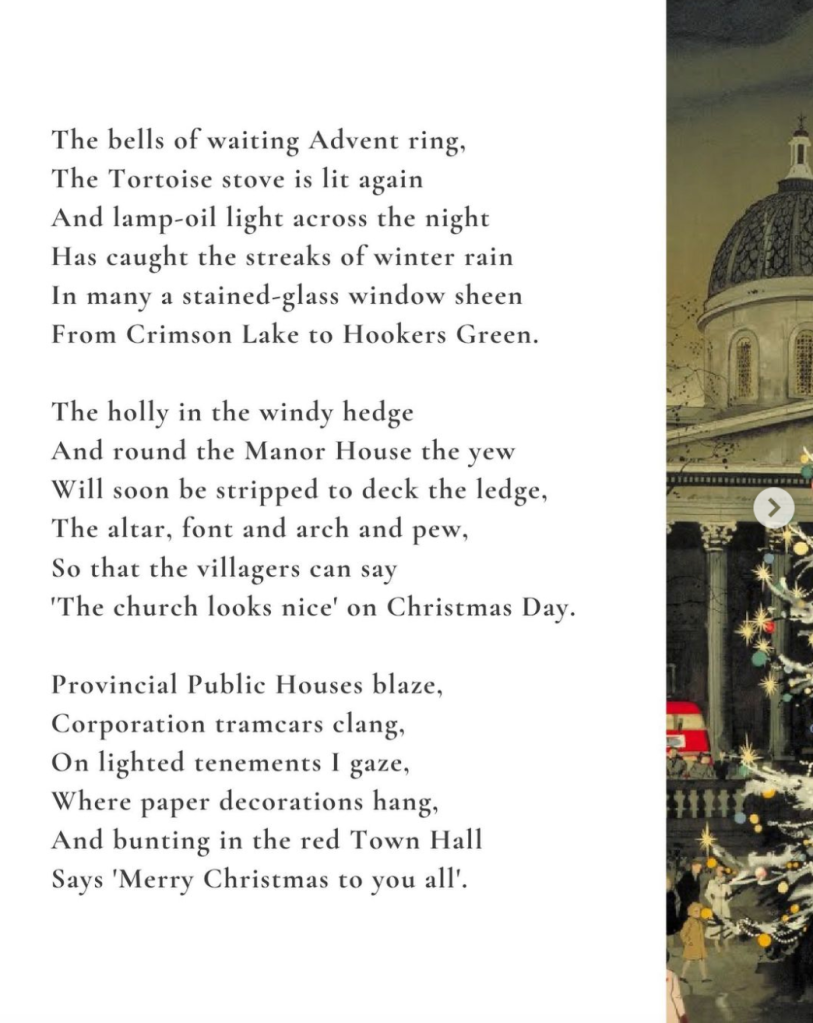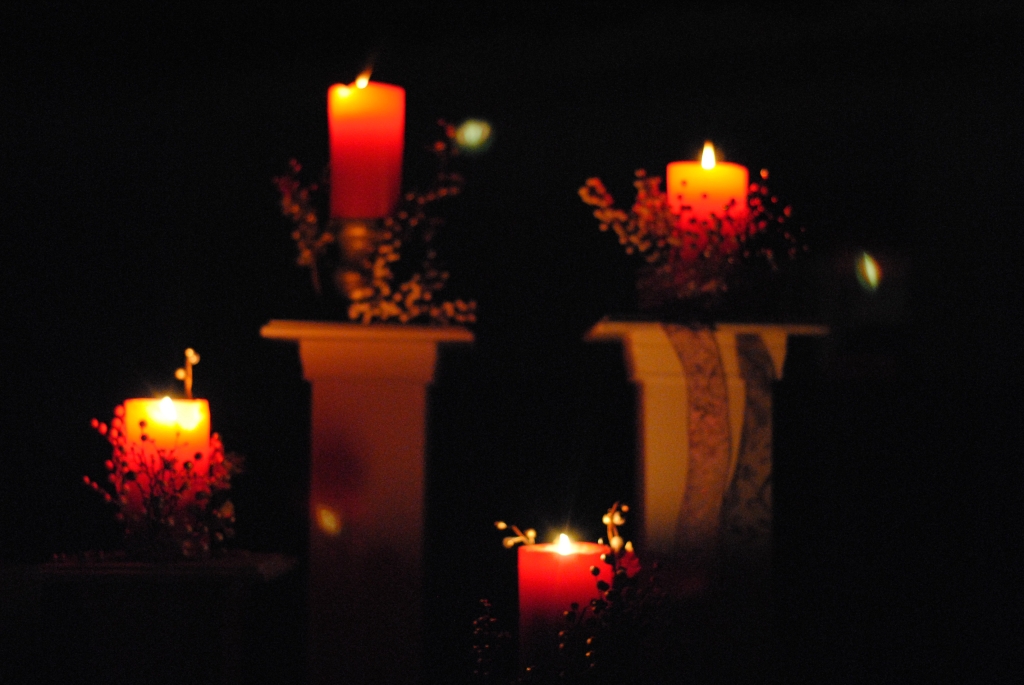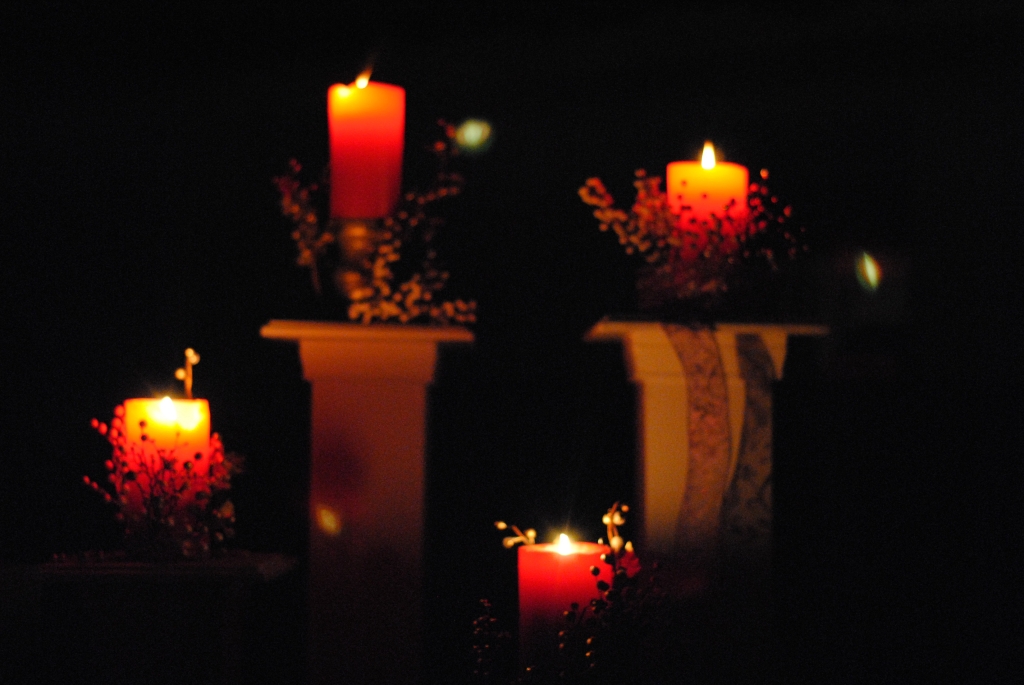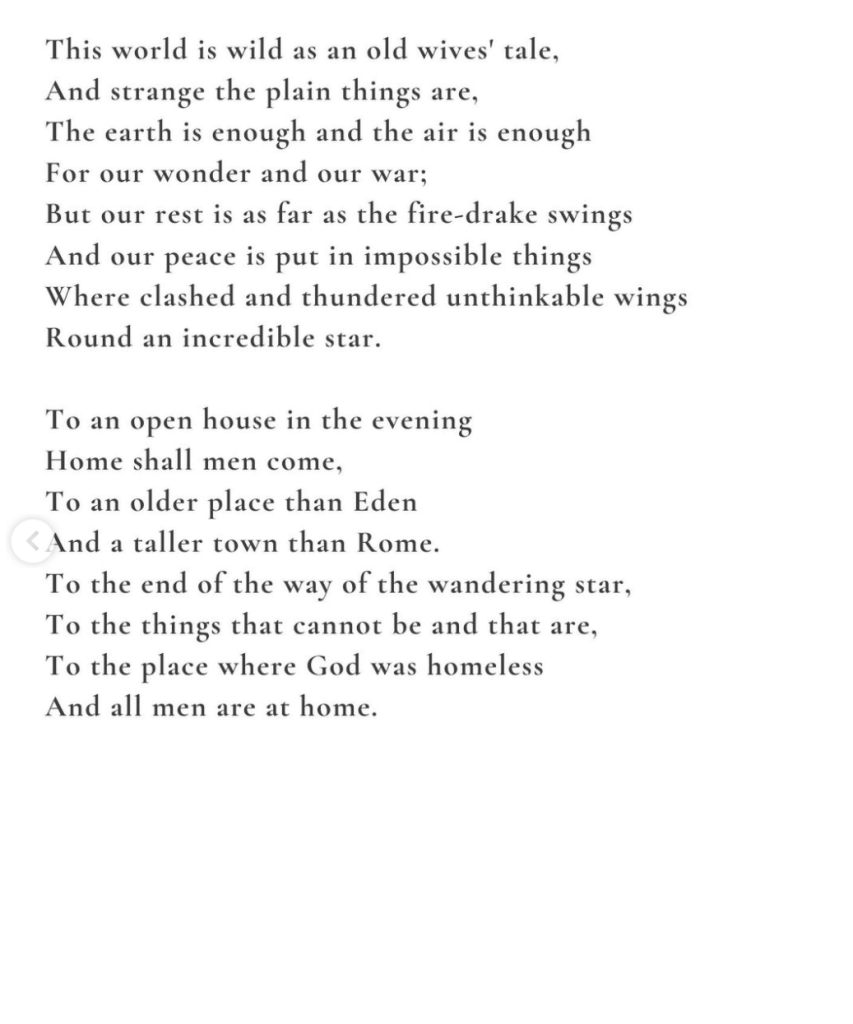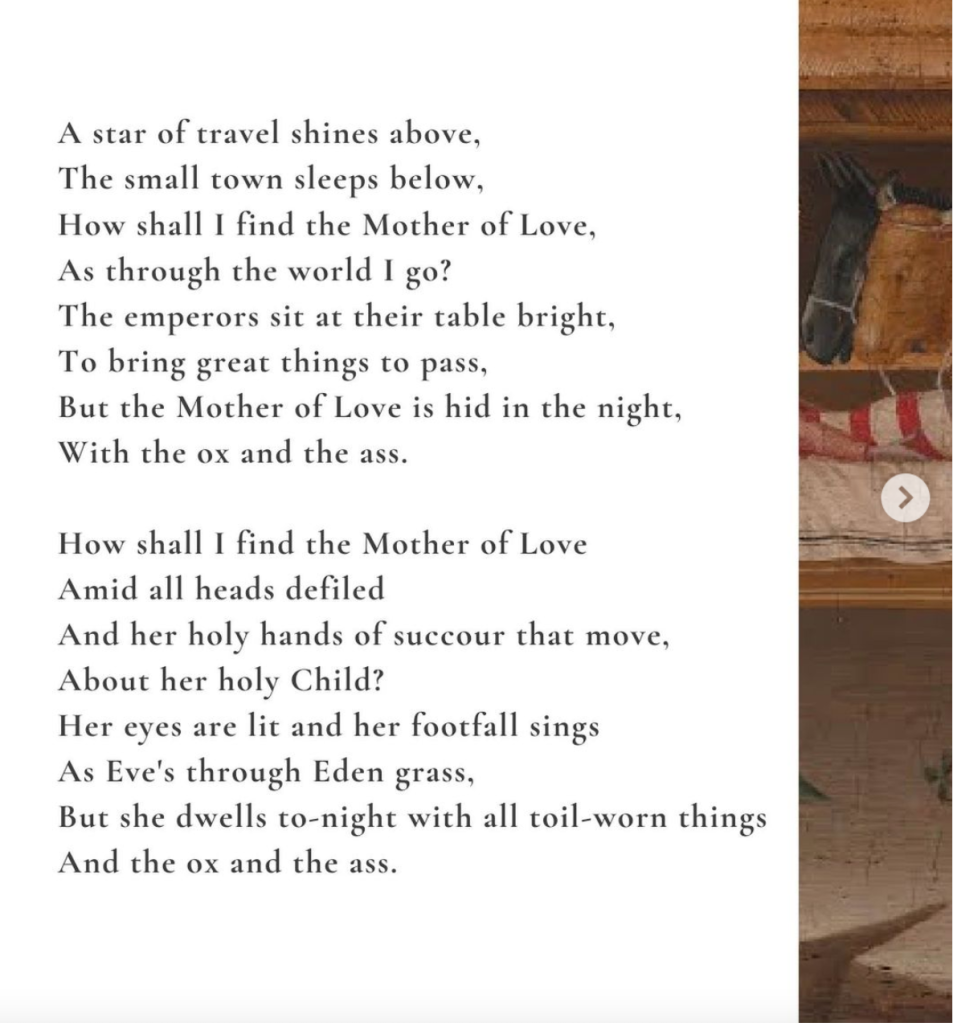Grey ash, dead-branch-dim
d
e
s
c
e
n
d
s
into corpses, exhumed-verse to still worse fate –
apathy.
Words, once ample-ripe, now winter-sparse,
hunt, cock-ear’d, lungs-flatten’d, for somewhere
to land, to inhale.
Dust-grey soundings lay coiled, like the end of a painter’s day,
wrestling out colours, lines, faces –
not bothered anymore with looking beyond what is seen.
Just the clamouring fool’s last-call for the quick and easy.
These
lazy
letters, unfinished sen
Like changing tires on rusted farm trucks mired in tired dirt,
we muck about in quicksand of distraction, disappointment, deadlock,
the oppressive weight of art.
As needful distraction, we gather up the prosaic, pretentious, polemical,
in fits of laughing stems knit to notes, clinging tight to daylight’s end.
Throats worn from croaking long-forgotten songs of drunken men and laughing children.
Why not dare, instead, to probe the unentered caves where live
the furies, the forbidden, the fortuitous?
That prodigious, crowing dark –
where poets learn to see.


